Jensen Huang, CEO of NVIDIA, turned down the role of TSMC’s chief, a decision that ultimately reshaped the tech industry
Today, NVIDIA stands as one of the most influential companies in the world, largely due to its advancements in artificial intelligence. It has soared to become the world’s most valuable company, with CEO Jensen Huang urging its AI chip partners to accelerate product deliveries even further. However, there is an intriguing twist in history: in 2013, Huang turned down the opportunity to lead TSMC, a decision that could have entirely altered this success story.
According to a recent post on X by Wen-Yee Lee, Morris Chang, founder of TSMC, is working on the second volume of his autobiography. Chang, who founded the Taiwanese tech giant, has been at the helm of the semiconductor industry for decades, serving as TSMC’s CEO from 1987 to his retirement in 2018. Among the potential successors, Chang had considered Jensen Huang, who now leads NVIDIA and stands as a major figure in the current tech landscape.
The second volume of Chang’s autobiography arrives 26 years later
Back in 1998, Chang released the first part of his autobiography, delving into his early life in China and his career at Texas Instruments up to 1964. Since then, Chang has had an intermittent relationship with TSMC, stepping down in 2005 and returning in 2009 during the financial crisis. After stepping back once more, Chang viewed Huang as an ideal successor, yet Huang declined the role, focusing instead on NVIDIA’s two major projects at the time: the launch of the GeForce GTX 700 series and the NVIDIA Shield.
Since then, NVIDIA’s advancements in artificial intelligence have driven the company to become the world’s most valuable tech giant. Its graphics cards hold a dominant position in both the gaming and AI sectors. TSMC, on the other hand, collaborates with companies like Apple, Intel, AMD, and, of course, NVIDIA. While Huang did not assume the role of TSMC’s CEO, he continues to engage closely with the company, influencing and tracking its strategic movements.
Source: 3djuegos

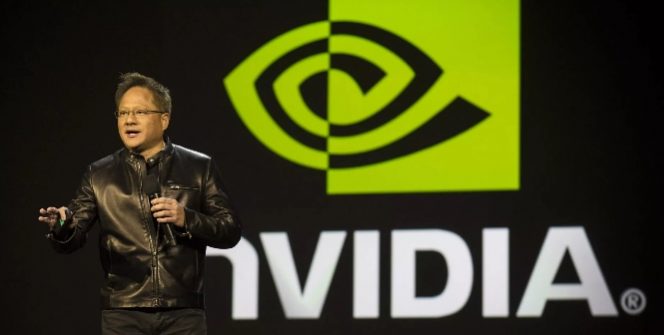




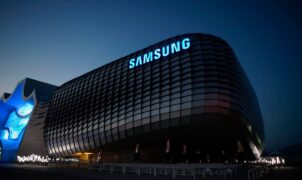
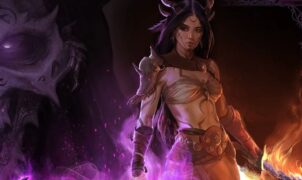
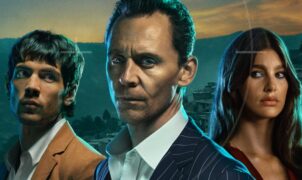

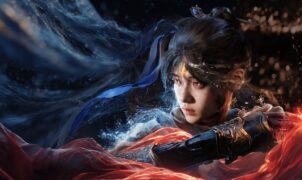



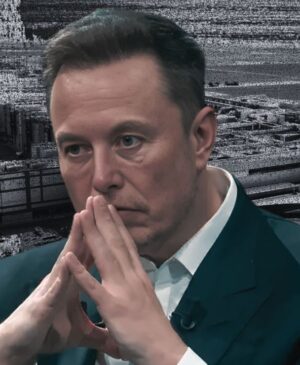

Leave a Reply